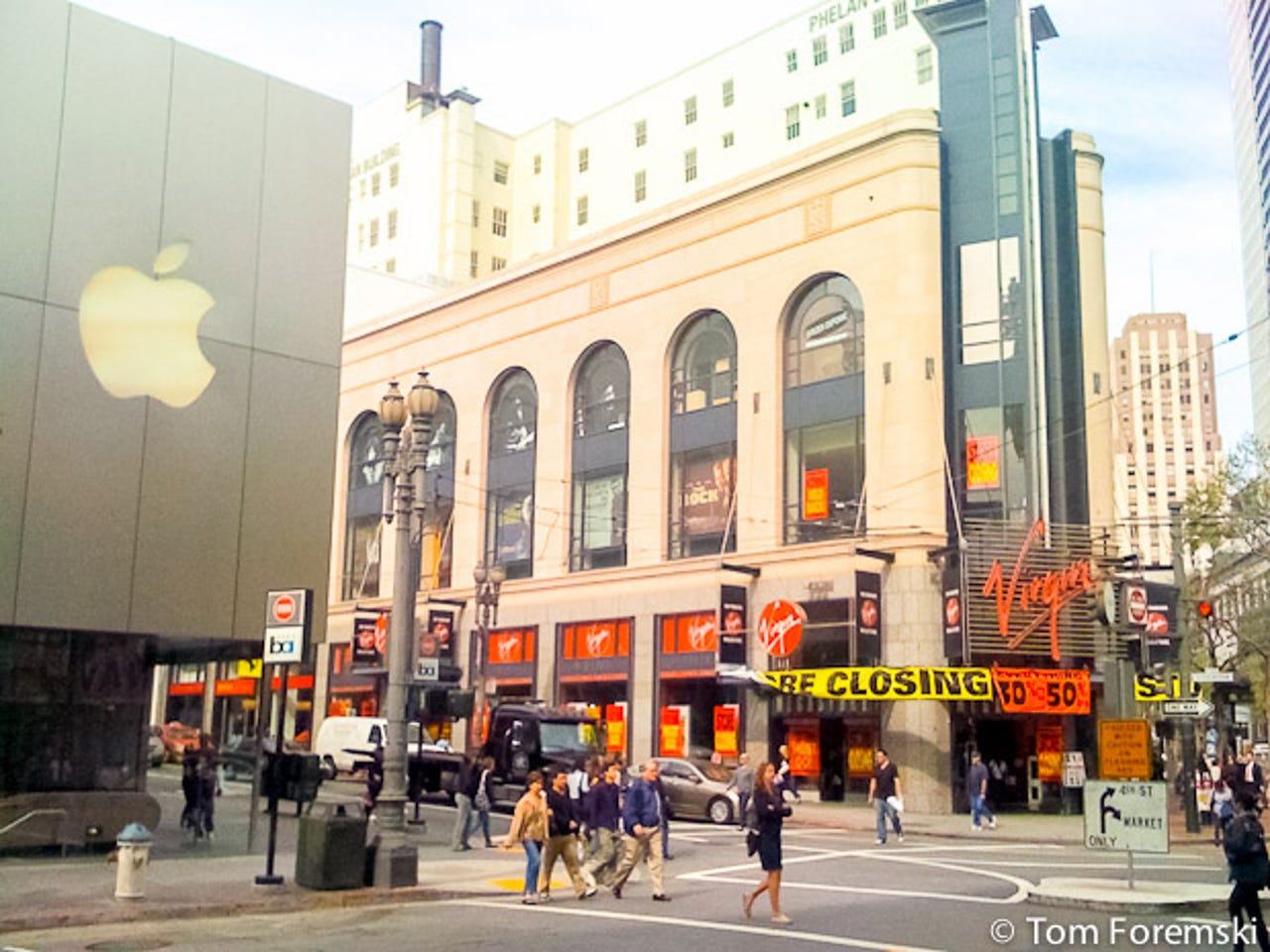Top Silicon Valley VC defends Apple

Michael Moritz is chairman of Sequoia Capital, one of Silicon Valley's oldest and most successful VC firms. He's also a former journalist and he revisits those skills in an article written for the Financial Times opinion section: Perspective on Apple amid the clamour.

It's a well-argued piece that, "It is difficult to think of a company of the past 50 years whose influence and ingenuity have been as profound or widespread as the one formerly known as Apple Computer, Inc."
Sequoia was an early investor in Apple Computer [$AAPL] in 1978, so he is defending his investment firm's reputation for picking long-lasting winners, as well as that of Apple's.
He reminds readers that in 1998 Michael Dell, founder of PC company Dell [$DELL], said Apple should be shut down and any assets distributed to shareholders. Ironic since Dell is now looking to shed its shareholders in a leveraged buyout to take the company private.
Meanwhile, Apple is sending its shareholders $2.5 billion in dividends.
He points to Apple's recent financial results which showed 18 percent growth in sales and how impressive that is for a company of a large size, compared to sales at other giant tech giants such as Microsoft [$MSFT] at 4 percent, Cisco [$CSCO] about 6 percent, and IBM [$IBM], which shrank 2 percent. And that growth is without making large acquisitions, compared with the others.
"No company of similar size has grown at Apple's pace." And that growth comes from a very small number of products that have...
...thrown several mainline industries, including music, movies, television, publishing, cameras, and 35mm film, into convulsions. The entire Japanese consumer electronics sector, bereft of the software that helps distinguish Apple's products, has been hopelessly outpaced, as have Finland's Nokia and Canada's RIM.
Even the retailing industry has felt the Apple effect as its stores generate sales twice those of Tiffany, and four times that of "Michael Kors, the luxury retailer of the moment."
[I would add Virgin Megastores, see photo above. A simple two-level cube of a building versus five floors of music, videos, games, and books of the Virgin Megastore--across the street from each other in San Francisco.]
Well said. And those achievements will always be Apple's. However, as with automobile mirrors, past successes appear larger than the current reality for Apple.
The stock market looks to the future and the recent loss of value in Apple stock reflects the fact of a more difficult future for the company, as others learn from its successes in design, manufacture, and software to build competitive products.